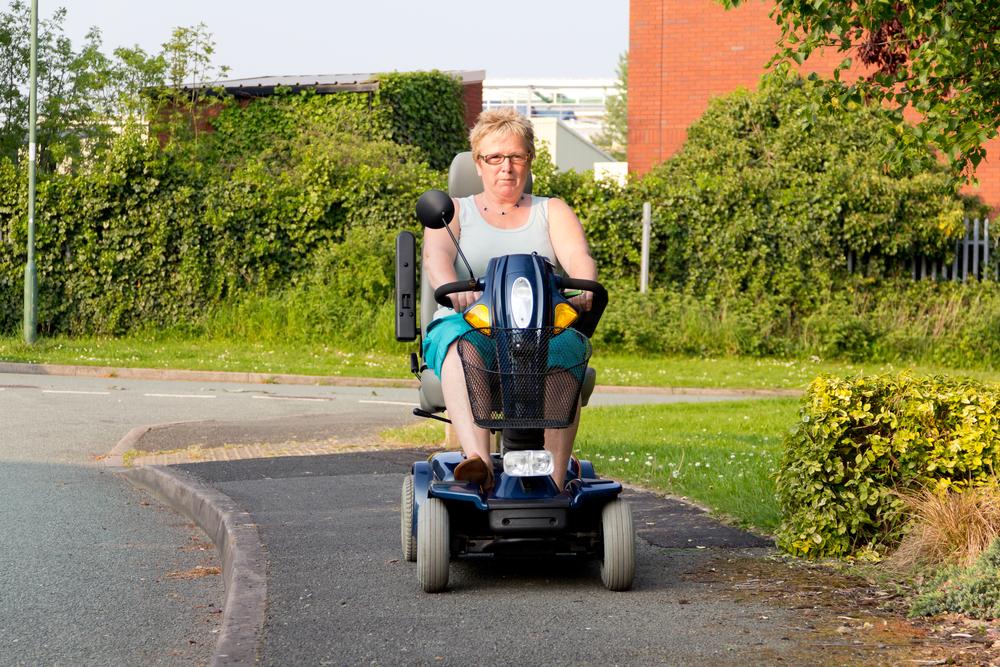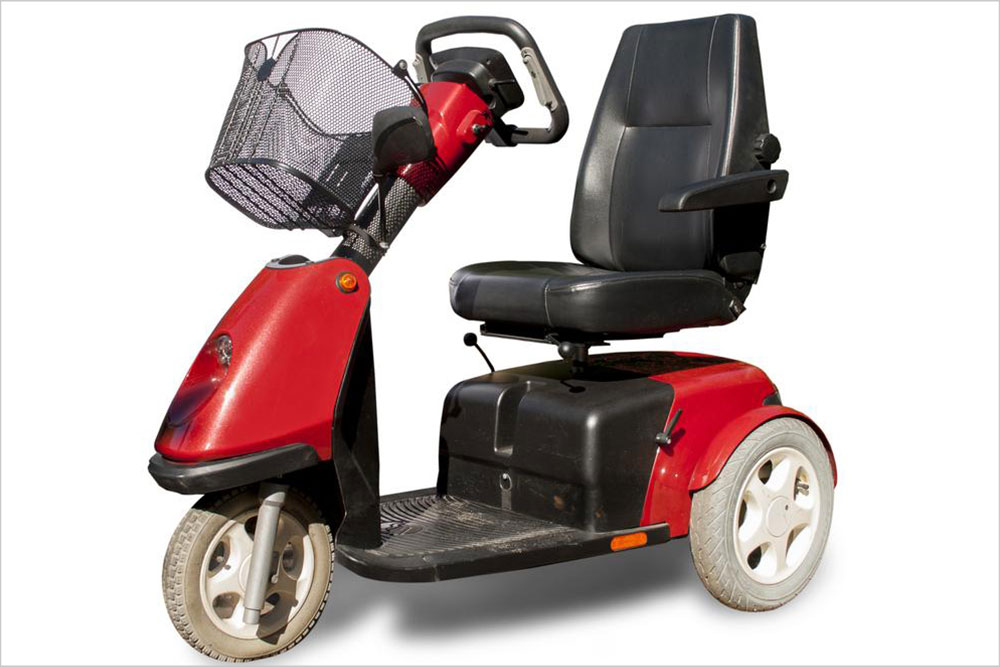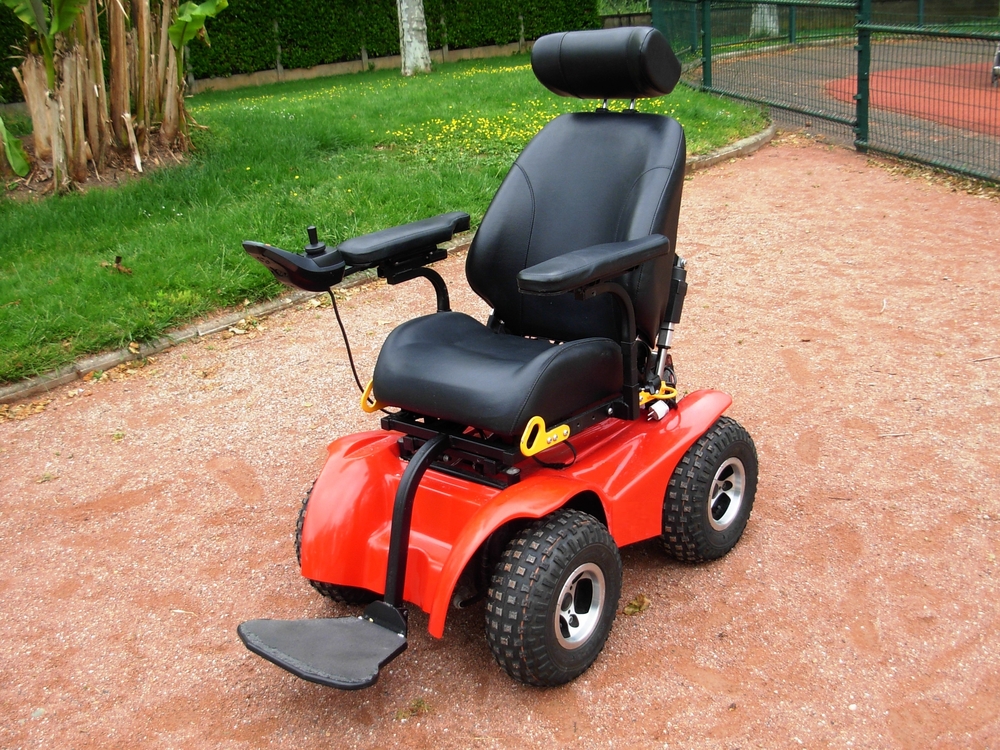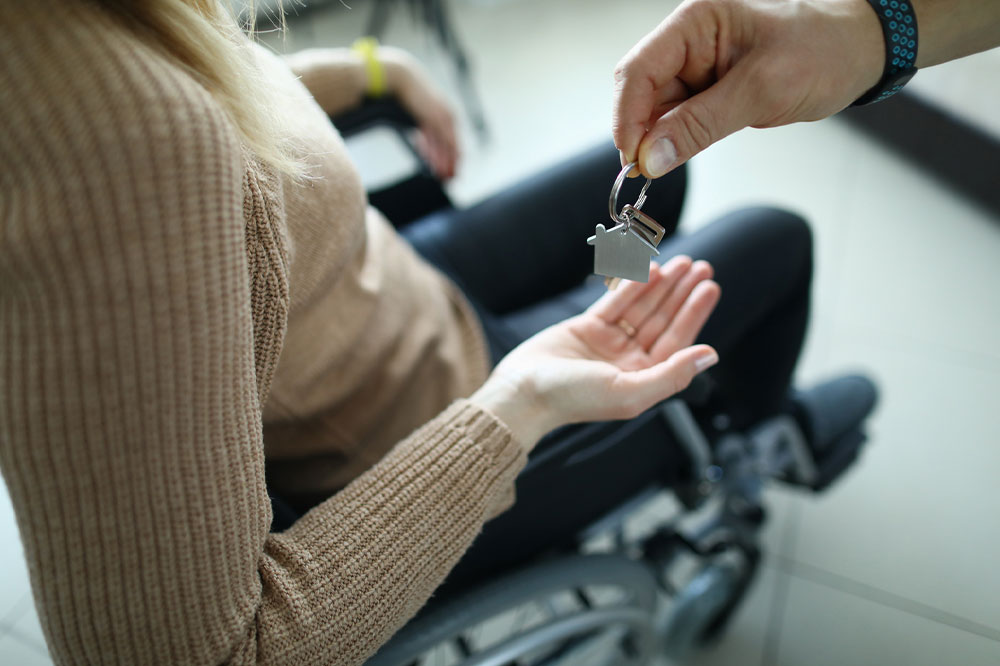Comprehensive Support Policies for Individuals with Disabilities in the United States
This article offers a comprehensive overview of the support policies available for individuals with disabilities in the United States. It highlights key laws like the Fair Housing Act, accessibility initiatives, and the role of organizations such as the Administration on Developmental Disabilities. These policies promote inclusive living, accessible public spaces, and independence for disabled individuals, fostering a society where everyone can participate fully. Understanding these rights and programs is essential for advocacy and ensuring equal opportunities for all.
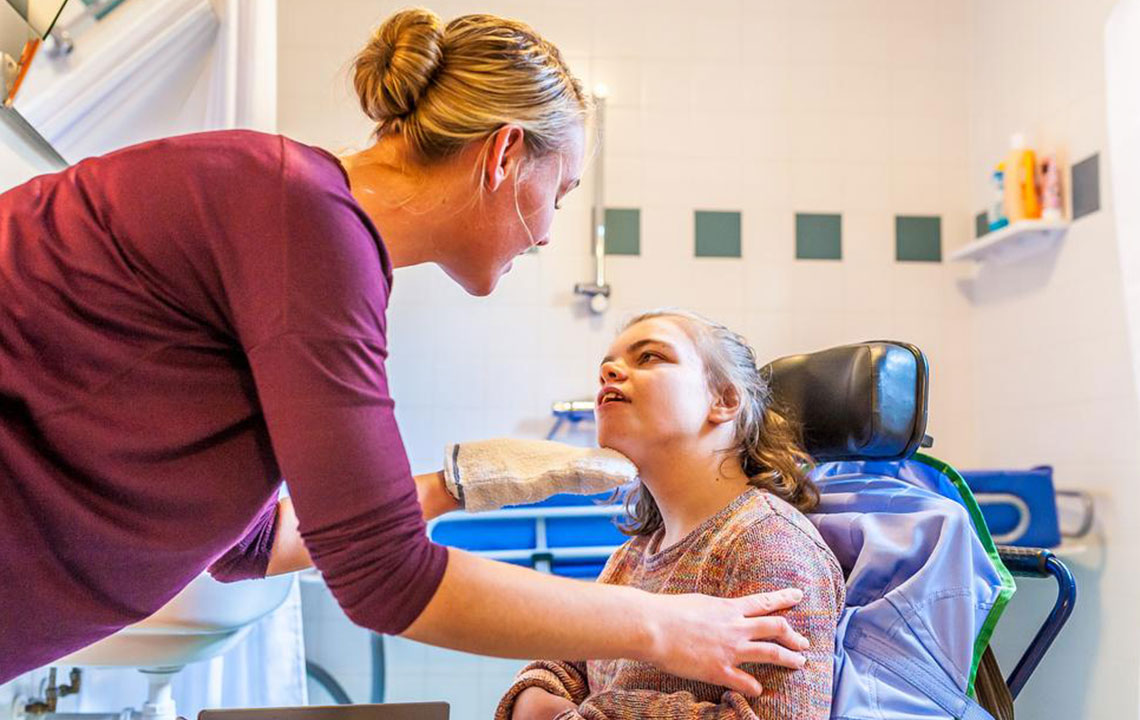
Comprehensive Support Policies for Individuals with Disabilities in the United States
Living with a disability—whether mental, emotional, or physical—presents unique challenges that can impact everyday life activities, independence, and community participation. Recognizing these challenges, the U.S. government has established a wide array of support policies and programs designed to enhance the quality of life for individuals with various disabilities. These policies aim to promote equal rights, accessibility, and through various initiatives, foster an inclusive society where everyone has the opportunity to thrive. This article provides an in-depth overview of these essential support systems, their benefits, and how they help empower individuals with disabilities to live more independent and fulfilled lives.
Fair Housing Regulations and Accessibility Laws: One of the cornerstone legislations supporting individuals with disabilities is the Fair Housing Act. Enacted to eliminate housing discrimination, this law mandates that landlords and property managers provide reasonable modifications and accommodations to ensure that individuals with disabilities have equal access to housing opportunities. For example, landlords must permit reasonable adjustments such as allowing service animals in no-pet rental properties—this includes guide dogs for visually impaired tenants or emotional support animals that assist individuals with mental health conditions. Moreover, adaptations within rental units, such as the installation of wider doorways for wheelchair access, lowered kitchen counters, accessible bathrooms, and other physical modifications, are protected under this legislation. These modifications are crucial for ensuring that persons with disabilities can navigate and use their living spaces comfortably and safely.
The Fair Housing Act aims to level the playing field so that disabled individuals are not denied housing opportunities due to mobility or other limitations. It empowers them to request modifications that suit their specific needs, which can include installing ramps, grab bars, accessible countertops, and other features that facilitate ease of movement and independence. For example, a landlord might need to replace some interior doors with wider variants or install accessible bathroom fixtures to meet the requirements of a tenant with mobility challenges. These measures not only improve living conditions but also promote dignity and self-sufficiency among disabled individuals.
Enhanced Access to Public Spaces and Transportation: Accessibility extends beyond housing. Federal policies also strive to make public spaces, transportation, and government facilities more inclusive. For simpler and more practical integration, guide dogs, white canes, hearing aids, and communication devices are recognized and permitted in various settings. For instance, guide dogs are allowed in transportation systems like trains, buses, and airplane cabins and in public buildings, ensuring that visually impaired individuals have the freedom to travel and access services without restrictions. The use of white canes for navigation is also encouraged and protected under law.
Assistive communication technologies play a vital role in ensuring access for individuals with disabilities. Devices such as text-to-speech systems, hearing aids, and talking books are authorized in libraries, courts, and other public venues, even if those venues usually prohibit electronic recording devices. These provisions help bridge communication gaps and enable individuals with hearing impairments or other communication challenges to participate fully in society.
Moreover, the federal Administration on Developmental Disabilities (ADD) champions the rights and independence of people with developmental disabilities. Their programs work to empower individuals with cognitive differences, providing resources and support for community integration, employment opportunities, and independent living. ADD collaborates with a diverse network of government agencies, nonprofit organizations, and private stakeholders to ensure that persons with developmental disabilities can access necessary services and protections. Their mission includes safeguarding rights, reducing barriers, and fostering an environment where individuals with developmental conditions can live with dignity and autonomy.
Overall, these policies exemplify the United States’ commitment to creating a more inclusive society. From ensuring equitable housing options and modifications to enabling participation in public life, support policies for individuals with disabilities are vital for promoting independence, safety, and dignity. As awareness and understanding continue to grow, ongoing legislative updates and community efforts are crucial for addressing emerging needs and removing systemic barriers faced by disabled populations across the country.
For families, caregivers, and advocates, being informed about these policies is essential to securing the rights and services available. Whether it's seeking accessible housing, requesting reasonable modifications, or advocating for better public transport options, understanding the legal framework behind disability support policies is the first step toward creating a more equitable and inclusive future for all members of society.

